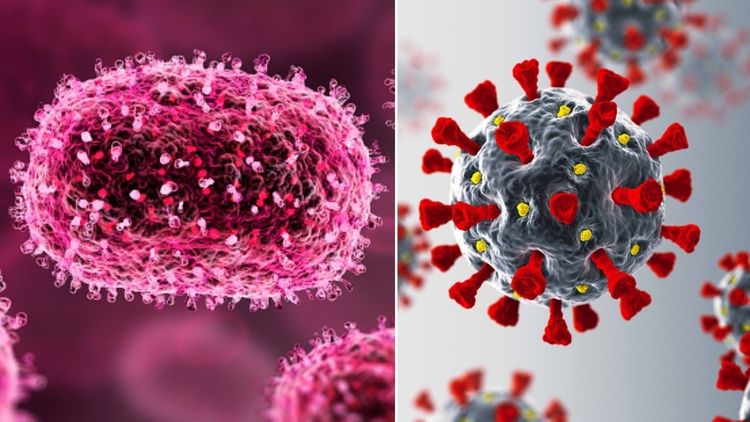Alert! Thailand detects Asia's first case of new Mpox virus strain ...

Thailand has detected the new mutated strain of mpox virus, as the infection spreads to more countries after the World Health Organization (WHO) declared the outbreak in Africa a new global health emergency.
The patient who tested positive for clade Ib was a European male who arrived in Bangkok last week from Africa, Thailand’s health ministry said. Authorities have identified 43 close contacts of the patient and put them under surveillance.
Last week, the WHO declared the viral infection a global public health emergency. Since then, mpox cases have been reported in a number of nations.
Clade1b is a new offshoot of clade I virus. According to WHO, it was first reported in the Democratic Republic of the Congo in 2023 and has been spreading through close contact. Studies are underway to understand the properties of this new strain.
The new variant is also harder to detect as it is targeting genitals instead of hands or chest like in earlier cases, scientists said.
Africa is currently seeing a Mpox outbreak with 14 African countries, reporting 14,000 cases and 524 deaths. The outbreak is caused by the more virulent Clade 1b strain.
Clade 1b causes death in about 3.6 percent of cases, with children more at risk, the WHO said. Pakistan also reported a dozen of Mpox cases of which 4 were lab-confirmed.
During the first six months of 2024, 1,854 confirmed cases of mpox were reported in the African Region, which accounts for 36 percent of the cases observed globally. Of these confirmed cases, 95 percent were reported from the Democratic Republic of the Congo (DRC), that is experiencing an upsurge of cases of mpox with more than 15,000 clinically compatible cases and over 500 deaths reported, already exceeding the number of cases observed in the DRC in 2023.
What is Mpox?
Mpox is a viral infection that primarily affects humans and animals. It typically begins with signs of flu — fever, headache, muscle pains, and tiredness and results in pus-filled lesions. It can last from 2 to 4 weeks.
It can be transmitted by contact with an infected person, animal, or contaminated materials. Mpox can be prevented by avoiding sexual contact with unfamiliar individuals, avoiding close contact with those with rashes, vesicles, or pustules, washing hands frequently, and not sharing personal items with others.
Variants
The monkeypox virus was classified into clades I and II. Clade I is endemic to Central Africa while clade II was earlier known as the West African clade and is further divided into subclades: Clade IIa and Clade IIb. Clade IIb drove the 2022 multicounty outbreak.
The upsurge of mpox cases in the DRC is being driven by outbreaks associated with two sub-clades of clade I monkeypox virus (MPXV) – clade Ia and clade Ib. Clade I mpox was classically described in studies conducted by WHO in the 1980’s to have a mortality rate of approximately 10 percent, with most deaths occurring in children.
Treatment
There is no specific treatment approved for monkeypox virus (MPXV) infections. However, most people with mpox who have intact immune systems and don’t have skin disease can recover without medical treatment with supportive care and pain control.
If you have mpox, you should isolate at home in a separate room from family and pets until your rash and scabs heal. If you’re very sick, your provider might prescribe antiviral drugs like cidofovir or tecovirimat. These drugs are approved to treat other viral infections (like smallpox), but researchers need to learn more about how well they work for mpox.













































